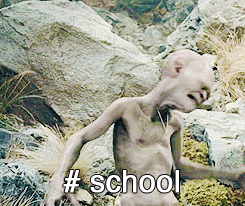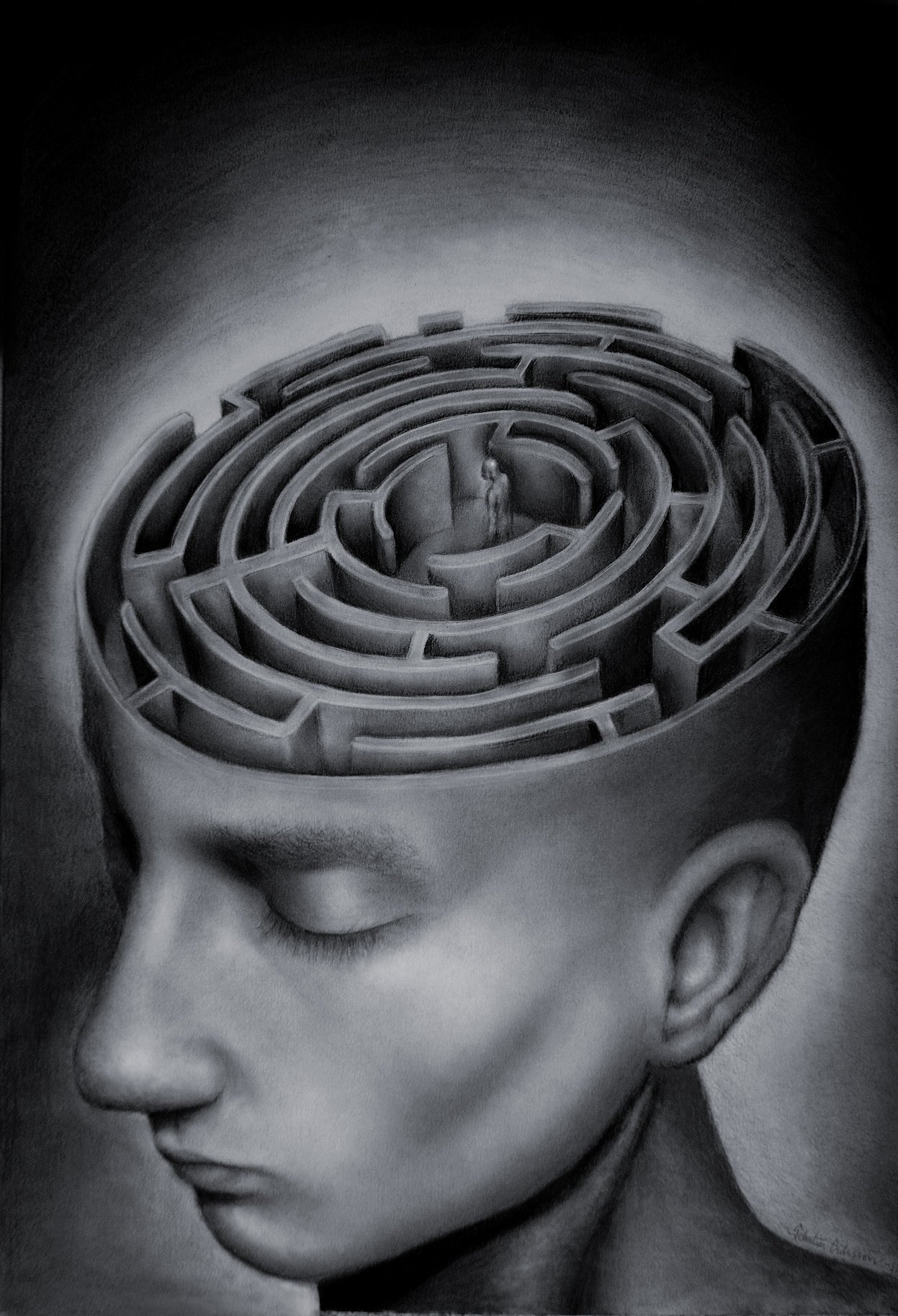
Dad and the Infamous iPhone
In our world digital literacy is becoming increasingly prevalent and I have found that getting left behind is a constant concern of mine. When I face a new technology I get anxious and frustrated but I force myself to learn the process because I know that it will only become more and more important as I move forward professionally. The sponsorship I notice the most during these times of frustration are things like friends who have already gone through the learning process and can be leaned on for support or Google. I am stubborn and refuse to ask for help for as long as possible so Google is always the first place I go with a digital question. Luckily for me Google generally delivers the solution as well as a short cut or two so I appear more knowledgeable than I really am. I think most of us can appreciate that!
Digital sponsors resemble print based sponsors in that the necessity for the knowledge is encouraged by peers or the work place or both. I don’t believe the sponsors themselves are changing rather than the process in which they are approached or presented has developed in a new way. This can be related back to the idea that literacy not only builds up but spreads out, causing the change in sponsorship to really be a progression that is keeping up with the material deemed necessary to our world now.
The most recent “new literacy” that I experienced was one where I was the sponsor rather than the sponsored. My dad finally broke his old flip phone and we talked him into joining the rest of the world and getting an iPhone, he wasn’t happy about it and I knew it was because he didn’t want to re-learn everything on the device. He drug his feet all the way into the store and then chose the largest and most updated version because the salesman convinced him it was the “most user friendly.” After the man behind the counter got the phone activated and put a case on it he handed the phone to Dad. He instantly started poking at the screen and grew progressively more irritated as it remained black. Finally, when I could tell he was fed up, he asked the man “How the hell do you make this damn thing work?” The guy giggled in response and said, “Well, first off you’re holding it upside down.” As soon as we left the store Dad said, “That guy was laughing at me.” I knew he wasn’t actually angry at the man but I could also see his frustration and a little bit of apprehension since he had just had it confirmed that he didn’t know what the heck to do with the expensive little phone. After we got back to my house I spent the next hour working with him on the basic functions the iPhone offers and connected his email. My old man now uses the phone like it’s second nature and even feels comfortable using it for important business documents, transactions, and scheduling. Dad had the drive to learn the new literacy and I acted as a ready and willing sponsor. I feel confident that he could now teach someone else how to use this digital literacy because Dad’s literacy not only built upon his previous knowledge, but now it also has the opportunity to spread out and teach someone else.





 Website:
Website: